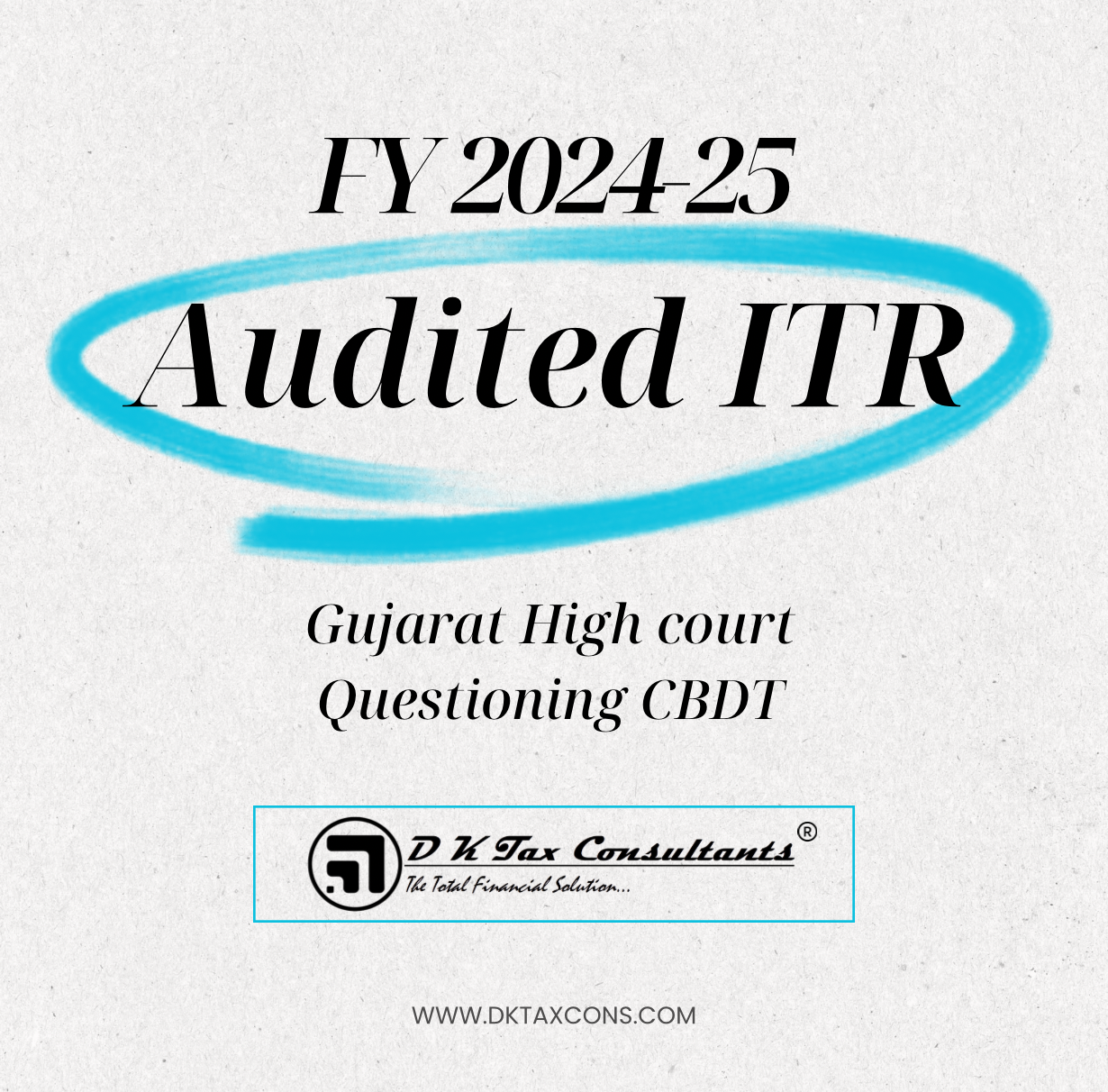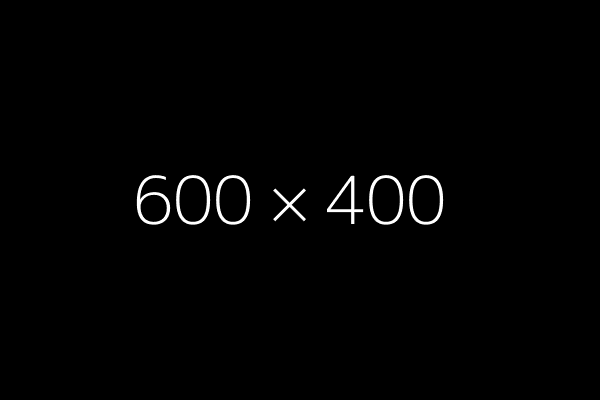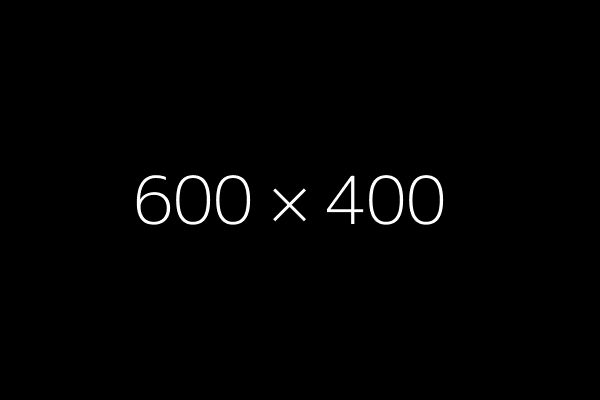





The Gujarat High Court has sought an explanation from the Central Board of Direct Taxes (CBDT) for extending the due date of filing Tax Audit Reports (TAR) without extending the Income Tax Return (ITR) filing deadline for Financial Year 2024-25. A division bench of Justice Bhargav Karia and Justice Pranav Trivedi referred to its earlier judgment in All Gujarat Federation of Tax Consultants v. CBDT (2024), which held that the “specified date” under Section 44AB and the “due date” under Section 139(1) of the Income-tax Act, 1961 are inextricably linked and must be extended together. The Court noted that the CBDT’s Circular No. 14/2025 (dated September 25, 2025) extended the specified date for filing audit reports from 30 September to 31 October 2025, but did not extend the ITR due date. The petitioner—Income Tax Bar Association—argued that under Explanation (ii) to Section 44AB, the specified date is one month prior to the ITR due date; hence, extending the audit report deadline automatically implies a proportional extension of the ITR deadline to 30 November 2025. Citing the earlier precedent, the Court emphasized that the CBDT cannot override legislative intent by extending only one date. It directed the Board to explain its reasoning for not issuing a simultaneous notification for extending the ITR filing due date and listed the matter for hearing on October 6, 2025.




The Central Board of Indirect Taxes and Customs (CBIC) has issued revised guidelines making virtual hearings mandatory for departmental proceedings under CGST, IGST, Customs Act, Central Excise Act, and Chapter V of the Finance Act. Personal hearings must now be conducted through Video Conferencing (VC), with exceptions allowed for physical hearings only upon specific requests by the party involved. This amendment reverts to the original instruction of 21.08.2020, emphasizing virtual hearings to streamline processes and improve efficiency.




According to the GST Advisory dated November 5, 2024, taxpayers with an annual turnover (AATO) of Rs. 10 crores and above must report e-invoices on the IRP portal within 30 days from the invoice date, starting April 1, 2025. This limit applies to all invoices, credit, and debit notes. Be prepared to meet the deadline to avoid reporting issues. Circular Reference: Advisory dated November 5, 2024




The Central Board of Direct Taxes (CBDT) has introduced amendments to the Income-Tax Rules, 1962, under Notification No. 124/2024, bringing in Safe Harbour Rules (SHR) for certain eligible businesses. These rules, issued under Section 92CB of the Income-Tax Act, aim to provide a clear framework for determining arm’s length pricing for specified categories of transactions, reducing litigation and compliance burdens for businesses. Who Benefits from the New Rules? The following categories of businesses are eligible under the new Safe Harbour Rules: 1. Foreign Companies in Diamond Mining: • Companies engaged in diamond mining operations outside India and having relevant business interests in India can benefit from these rules. 2. Raw Diamond Sellers in Special Notified Zones: • Entities that sell raw diamonds through India’s special notified zones are included, encouraging transparency and ease in transactions within the diamond sector. Key Provisions of the Rules 1. Profit Threshold: • To qualify under the Safe Harbour Rules, eligible businesses must report profits equal to or greater than 4% of their gross receipts or turnover. This criterion ensures simplicity in compliance for companies meeting the threshold while allowing them to avoid lengthy transfer pricing scrutiny. 2. Application Process: • Businesses seeking to benefit from the SHR must submit an application using Form 3CEFC, detailing their transactions and compliance with the prescribed profit margins. 3. Retrospective Applicability: • The notification has been made effective retrospectively from 1st April 2024, applying to the Assessment Year (AY) 2024-25. This ensures that eligible businesses for the current financial year can avail themselves of the benefits immediately. Impact on the Industry The introduction of Safe Harbour Rules for diamond mining and trading businesses is expected to: • Enhance Ease of Doing Business: Reducing the compliance burden for eligible companies by providing straightforward criteria. • Promote Foreign Investment: Offering clarity to foreign companies in diamond mining about India’s tax expectations, encouraging investment and operations within the country. • Support the Diamond Sector: Providing sellers in notified zones with a transparent mechanism for pricing their transactions. Conclusion The CBDT’s initiative underlines the government’s commitment to creating a business-friendly environment while ensuring tax compliance and reducing litigation. Eligible businesses are advised to review the notification, assess their eligibility, and ensure timely filing of Form 3CEFC to benefit from the new rules. For further clarification or assistance in applying these Safe Harbour Rules, businesses should consult tax professionals or reach out to the relevant authorities.




The Rajasthan High Court has extended the deadline for filing the Tax Audit Report by one month. A division bench of Justice (Dr.) Pushpendra Singh Bhati and Justice Bipin Gupta at the Rajasthan High Court extended the deadline under Section 44AB of the Income Tax Act, 1961, by 1 (one) month beyond September 30, 2025. The order was given in the background of a PIL filed by the Tax Bar Association, Bhilwara, seeking an extension. It was submitted that in the previous years, CBDT had consistently granted such extensions in similar circumstances, and refusal to grant the same in the present situation was arbitrary, unreasonable, and a violation of Articles 14, 19(1)(g) and 21 of the Constitution of India. It was further argued that the introduction of revised reporting formats for non-corporate entities required additional time, and the absence of such extension would unjustly attract penalties, interest and loss of carry-forward of certain losses for the assessees, for no fault on their part. The counsel also highlighted persistent technical glitches on the Income Tax e-filing portal that disrupted the filings, and “combined effect of delayed forms, overlapping timelines, procedural changes, and portal issues has created undue hardship, affecting the legal and fundamental rights of taxpayers and professionals…”. In this background, while allowing the petition, the deadline was extended by the Court by a period of 1 (one) month. source : Tax Bar Association, Bhilwara v UOI & Anr. [CW 18593/2025]




As per Notification No. 25/2024-Central Tax, effective 10.10.2024, TDS under Section 51 of the CGST Act, 2017, must be deducted for supplies of metal scrap between registered persons. Taxpayers who received GST registration in November 2024 are unable to report TDS deducted in October 2024 due to system limitations. To resolve this, taxpayers can report the consolidated TDS amount for the period from 10.10.2024 to 30.11.2024 in the GSTR-7 return for November 2024. For further assistance, reach out to the GSTN Helpdesk.




According to the Finance Act, 2023, effective from October 1, 2023, taxpayers are barred from filing GST returns after three years from the original due date. This restriction applies to returns under Sections 37 (Outward Supply), 39 (Payment of Liability), 44 (Annual Return), and 52 (Tax Collected at Source), covering forms GSTR-1, GSTR-3B, GSTR-4, GSTR-5, GSTR-5A, GSTR-6, GSTR-7, GSTR-8, and GSTR-9. The GST portal will implement these changes from early 2025. Taxpayers are advised to reconcile records and file any pending returns promptly to avoid non-compliance.